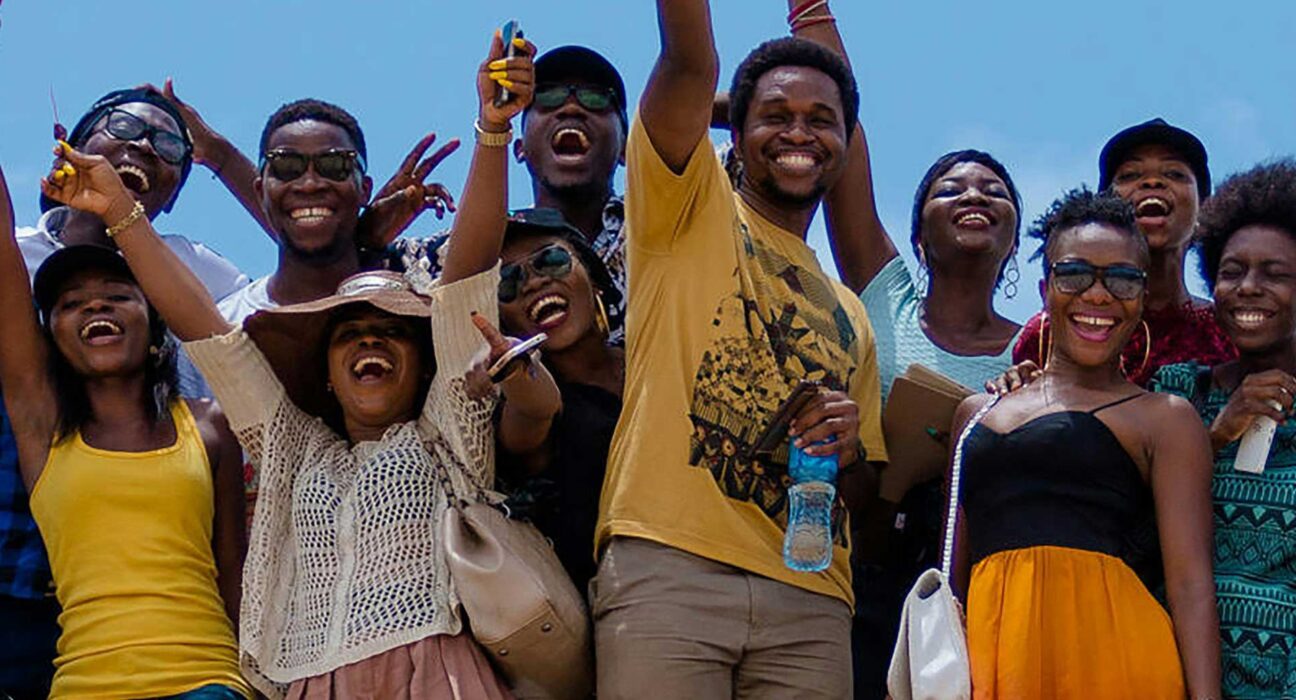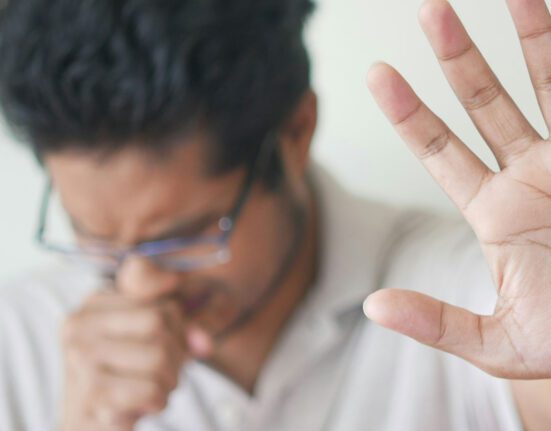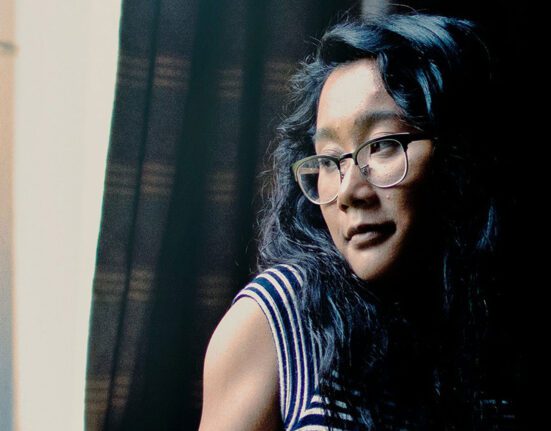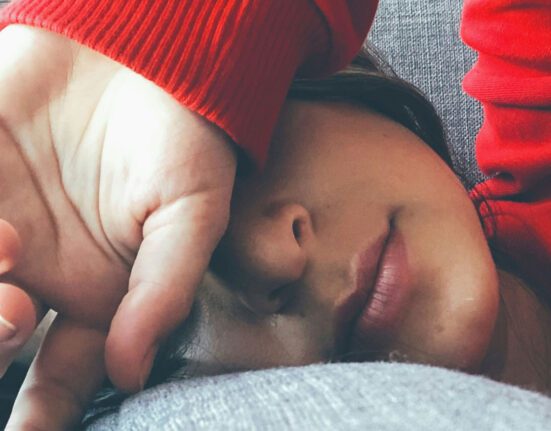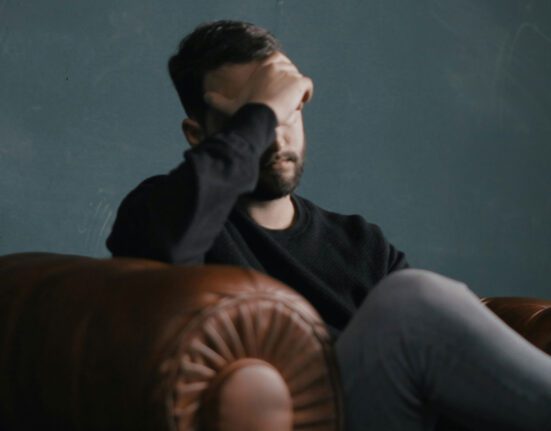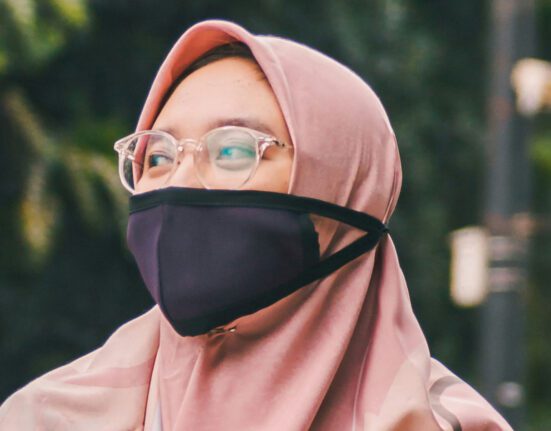Empowering Black Covid Survivors: How Support Groups Forge Paths to Healing
Summary:
In March 2020, Chimére L. Smith, a middle school teacher in Baltimore, contracted Covid-19. Expecting a brief illness, she soon found herself grappling with persistent symptoms that upended her life. Despite seeking help from hospitals repeatedly, she encountered dismissive attitudes from healthcare professionals. Her experience isn’t unique among Black individuals grappling with long Covid.
Feeling sidelined by the healthcare system, Smith turned to the BIPOC Women Long Covid ‘Long Hauler’ Support Group on Facebook. There, she found solidarity with hundreds of women of color facing similar challenges. Across the country, similar groups have emerged as Black individuals navigate prolonged Covid symptoms and healthcare disparities.
Dr. Margot Gage Witvliet, a social epidemiologist, founded one such group in July 2020 after her own battle with long Covid. Her initiative provides a safe haven for women of color to share experiences and access resources. Through these groups, members advocate for themselves and each other, challenging the medical community’s dismissiveness.
Long Covid, a condition affecting millions of Americans, disproportionately impacts Black communities. Structural racism exacerbates disparities in access to care and resources. Dr. Sabrina Assoumou, an infectious diseases physician, acknowledges these challenges and emphasizes the importance of self-advocacy and documentation when seeking medical assistance.
Yvonka Hall, executive director of the Northeast Ohio Black Health Coalition, launched a support group in March 2021. Through monthly meetings, members find relief in shared experiences and expert advice. Hall’s coalition extends its support beyond virtual meetings, providing vital resources to underserved communities.
Despite grassroots efforts, systemic change remains elusive. Smith, along with other advocates, demands governmental recognition of long Covid as a medical condition. Testifying before Congress, she highlights the urgent need for resources and support for those grappling with long-term health implications.
As the Biden administration pledges action, the resilience of Black Covid survivors and the solidarity within support groups stand as beacons of hope. Through collective advocacy and community support, they forge paths to healing in the face of adversity.
Main Points:
- Chimére L. Smith’s struggle with long Covid highlights the challenges faced by Black individuals in accessing adequate healthcare for persistent symptoms.
- Black-led support groups, like the BIPOC Women Long Covid ‘Long Hauler’ Support Group, provide a crucial platform for solidarity and advocacy.
- Dr. Margot Gage Witvliet’s initiative offers a safe space for women of color to share experiences and access resources.
- Long Covid disproportionately affects Black communities due to structural racism, exacerbating disparities in healthcare access.
- Dr. Sabrina Assoumou emphasizes the importance of self-advocacy and documentation when seeking medical assistance for long Covid.
- Yvonka Hall’s Northeast Ohio Black Health Coalition provides ongoing support through virtual meetings and community resources.
- Advocates like Chimére L. Smith call for governmental recognition of long Covid as a medical condition, highlighting the need for resources and support.
- Despite challenges, the resilience and solidarity within Black Covid survivor communities serve as beacons of hope for collective healing and advocacy.
Credible Source:
May be under a subscription paywall


